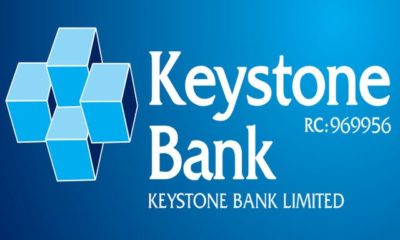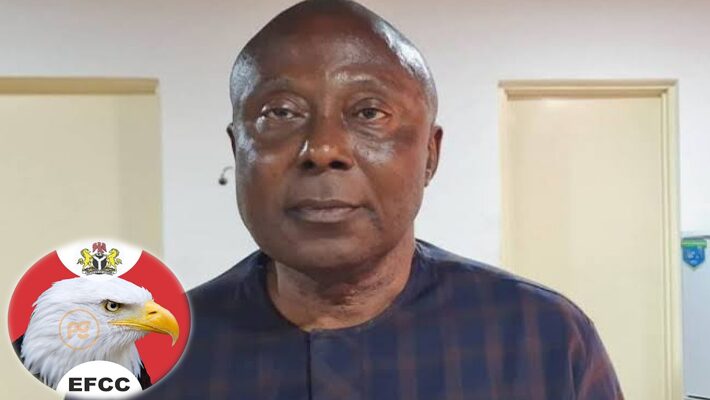- SSA Investment Bank Fees Hit $555.6m in 2019
2019 Investment Banking Fees in Sub-Saharan Africa reached an estimated US$555.6 million during 2019, up 3% from 2018 and an annual total exceeded only twice since Refinitiv records began in the year 2000.
Double digits were recorded across Merge and Acquisition transactions and syndicated lending fees. Advisory fees earned from completed M&A transactions generated US$205.8 million, up 55% from 2019 and eight-year high for Sub-Saharan Africa. Syndicated lending fees increased by 14% year-on-year to US$246.8 million, the highest annual total recorded in the region since 2000.
Equity capital markets underwriting fees declined 68% to US$28.9 million, the lowest level since 2002, while bond underwriting fees fell 26% year-on-year to US$74.2 million. Equity fees accounted for just 5% of the overall Sub-Saharan African investment banking fee pool during 2019, the lowest share on record, while syndicated lending fees accounted for a record high of 44%. M&A bond fees generated 37% and 13%, respectively.
“JP Morgan led the deals table in 2019. They earned the most investment banking fees for Sub-Saharan Africa during 2019 with a total of US$48.5 million, which is an 8.7% share of the total fee pool,” confirmed Franita Neuville, Investment and Advisory Performance Director for Middle East and Africa at Refinitiv
“Standard Bank Group followed closely with 8.6% share of the total fee pool”, continued Neuville.
Bolstered by Naspers’ US$35.9 billion spin-off of its international empire of internet assets, the value of announced M&A transactions with any Sub-Saharan African involvement reached a record high of US$79.6 billion in 2019, 142% more than the value recorded during 2018. Deals involving a Sub-Saharan African target increased 315 in value to US$26.1 billion, what is now a four-year high. An US$8.8 billion offer for Anadarko Petroleum’s African assets by French energy giant Total SA helped push inbound M&A, involving an acquiror from outside of the region, up 7% year-on-year to US$15.7 billion while intra-regional activity in Sub-Saharan Africa almost doubled to US$10.4 billion. Outbound M&A increased 145% to a three-year high of US$12.5 billion. Deals in the energy and power sector accounted for 40% of Sub-Saharan Africa target M&A activity during 2019.
“In terms of the most targeted nations in Sub-Saharan Africa during 2019, South Africa accounted for 81% of deals by value, followed by the Republic of Congo at 3.1% and Nigeria at 2.3%,” said Neuville.
“In terms of the financial advisor league table, Morgan Stanley topped the any Sub-Saharan African involvement announced M&A financial advisor league table during 2019 with 61% share of the market, followed by JP Morgan with 57%,” she added.
Sub-Saharan African equity and equity-related issuance totaled just US$1.6 billion during 2019, 66% less than the value recorded during 2018 and the lowest annual total in the region since 2005. Eighteen follow-up offerings totaled US$1.5 billion and accounted for 95% of the total equity capital market activity in the region by value, while three initial public offerings for the remaining 5%. Mozambique’s Hidroelectrica de Cahora Bassa, a hydropower generation company, supplied the largest initial public offering in the during 2019, raising US$53.7 million in July. ICON Properties raised US20.4 billion in January 2019, while Skyway Aviation Handling Co raised US$6.2 million when it listed in Nigeria in April 2019. Standard Bank Group topped the Sub-Saharan Africa ECM league table during 2019 with 42% share of the total market, followed by Investec with 19%.
Sub-Saharan African debt issuance totaled US$27.2 billion during 2019, down 19% from the value recorded during 2018 and a three-year low. South Africa and Ivory Coast were the most active issuer nations with US$7.1 billion and US$6.4 billion in bond proceeds, respectively. South Africa raised US$5.0 billion with its largest Eurobond sale to date in September last year. JP Morgan took the top spot in the Sub-Saharan African bond ranking during the 2019 with US$4.1 billion of related proceeds, or a 15% market share.
“We wait in anticipation to see what the Investment Banking activity will look like in 2020. With South Africa’s Exchange Traded Funds turning 20 this year, we certainly hope it will be a year of prosperity for the whole market,” Neuville concluded.


 Naira4 weeks ago
Naira4 weeks ago
 News3 weeks ago
News3 weeks ago
 Education4 weeks ago
Education4 weeks ago
 Social Media4 weeks ago
Social Media4 weeks ago
 Economy4 weeks ago
Economy4 weeks ago
 Investment4 weeks ago
Investment4 weeks ago
 Dividends4 weeks ago
Dividends4 weeks ago
 Business3 weeks ago
Business3 weeks ago




























